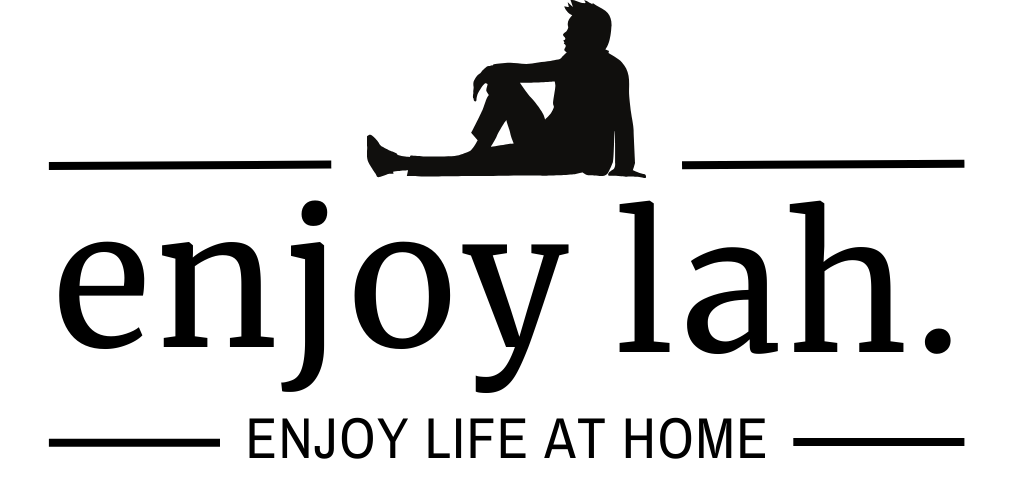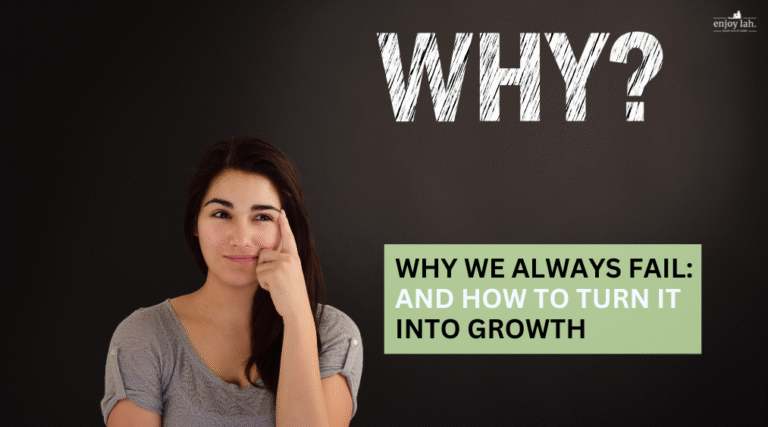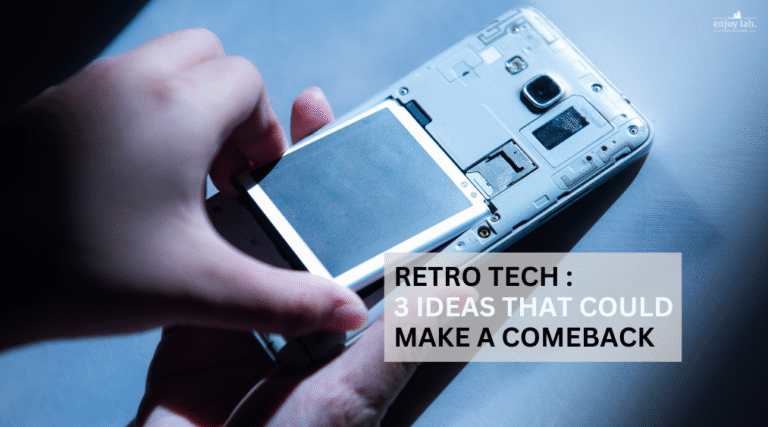This trend seems to be catching on. Have you noticed the younger ones, your colleagues, or friends seem to be taking extended breaks from work—not to quit their jobs, but to travel, learn new skills, or simply recharge? It’s not just a coincidence; it’s a growing trend called micro retirement. I have been in the workforce for a while, and I just found this curious and would like to learn more about this phenomenon.
What’s driving it? And what does it say about how younger generations redefine work and life? Let’s try to understand this fascinating trend.
What is Micro Retirement?
Micro retirement is exactly what it sounds like: taking short, intentional breaks from work—ranging from a few weeks to several months—to focus on personal goals, hobbies, or rest. I guess Jim Rohn’s words resonate with a lot of people, especially in today’s society and digital economy.
Think of it as a ‘mini retirement’ that happens throughout your career, rather than waiting until your 60s. For example, a young professional might take three months off to backpack through Europe, learn a new language, or simply spend time with family. It’s not about quitting work forever; it’s about creating space to enjoy life now.
Why is Micro Retirement Gaining Traction?
1. Redefining Success
For Millennials and Gen Z, success isn’t just about a high-paying job or a corner office—it’s about living a meaningful, balanced life. Micro-retirement allows them to pursue passions, travel, or rest, without waiting until their 60s to enjoy life. It’s a refreshing shift from the ‘work hard, play later’ mindset many of us, the older folks, grew up with. While we were taught to grind now and enjoy later, younger generations are rewriting the script, proving that life doesn’t have to be a race to the finish line. This is a paradigm shift!
2. Burnout and Mental Health

Let’s face it: burnout is real, and younger generations are feeling it more than ever. We grew from the age of no internet to the internet. They grew up in the digital age, where competition is so intense now. Between the pressures of work and the constant connectivity of modern digital life, I understand them and won’t fault them for seeking ways to step back and recharge. Micro-retirement provides a much-needed pause button, allowing them to return to work with renewed energy and focus. It’s a reminder that taking care of ourselves, physically and mentally, isn’t a luxury—it’s a necessity.
3. Remote Work and Flexibility
Moreover, the shift to remote work has been a game-changer for micro retirement. With the ability to work from anywhere, younger professionals can take extended breaks without leaving their jobs entirely. Furthermore, many companies are now offering sabbaticals or flexible leave policies, making it easier than ever to take time off. It’s a far cry from the rigid work structures many of us grew up with. Just go talk to someone like me who happened to have the chance to work in a Japanese corporate culture. It was not easy then!
4. Financial Independence Mindset
In addition, the younger ones have better financial literacy than our generation. Inspired by the FIRE movement (Financial Independence, Retire Early), many young people are saving aggressively to fund micro-retirements. It’s not about retiring early in the traditional sense—it’s about creating opportunities to enjoy life now while still building long-term financial security. I find this approach both refreshing and inspiring. It’s a reminder that life is meant to be lived, not just planned for.
What Does Micro Retirement Mean for Us?
1. A Shift in Priorities
As someone who has been in the workforce for a while, I can’t help but admire how younger generations are redefining what it means to live a fulfilling life. It’s bravery. Yes, it’s the word I like to describe them, purely out of my personal jealousy! 😊It’s a reminder that work isn’t everything—and that allocating time for ourselves is just as important as climbing the career ladder. There is everything we can learn from their spirits.
2. Bridging the Generational Gap
For those of us managing or working alongside younger colleagues, understanding micro retirement can help bridge the generational gap. I think it is essential to have that empathy. It’s a chance to see things from their perspective and create a workplace that supports productivity and well-being. After all, a happy, well-rested team is a more productive team.
3. A New Perspective on Work – Managing Micro Retirement Shift
In conclusion, Micro-retirement isn’t just a trend—it’s a mindset. It challenges the idea that work must always come first and reminds us that life is about more than just our careers. Whether you’re 25 or 55, that is a perspective worth considering. Maybe it’s time we all allowed ourselves to take a break and recharge. Despite saying that, we may have intentionally taken two breaks annually to recharge and learn a new culture. Just ask yourselves, did you travel during the two-school holiday season? Yes, from what you know, we are also recharging regularly ourselves!
Final Thought: A Gen X Perspective

As a Gen Xer, I’ve spent most of my career focused on building for success—putting in the hours and climbing the corporate ladder. The idea of taking a micro-retirement does feel intriguing to me. We were taught to ‘put in the shift’ and focus on long-term goals, often at the expense of our well-being. But seeing younger generations embrace micro-retirement has made me rethink my own approach.
It’s not that I regret the hard work. You can’t help but wonder, what if we could also have benefited from taking more breaks along the way? Could I have been more creative, energized, or even more successful if I’d allowed myself to recharge more often?
Micro retirement isn’t just for Millennials and Gen Z. It’s a reminder to us that life is about more than grinding toward retirement. Maybe it’s time we allowed ourselves to take a break, pursue a passion, or simply rest—without feeling guilty about it. After all, success isn’t just about what we achieve; it’s about how we live along the way.









One Response